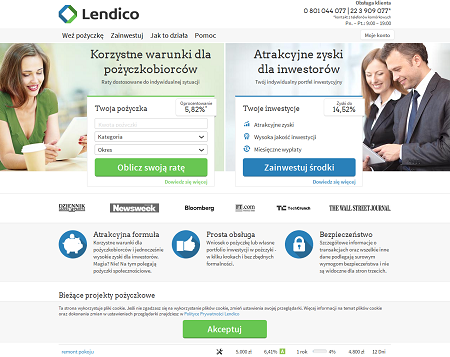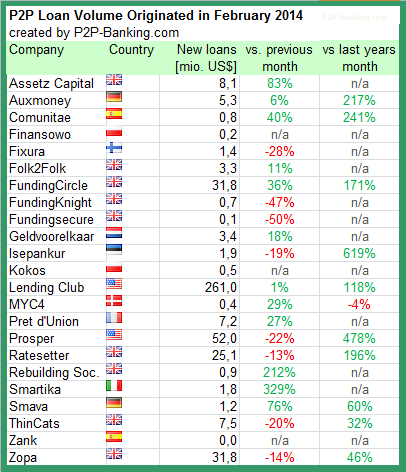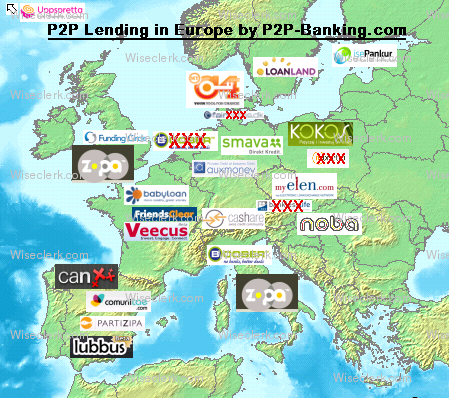In e-mail newsletter sent to its users on January 20th the operator of Polish peer-to-peer lending site Monetto.pl informed that the website will be accessible only until the end of February. Lenders are urged to update the loan contracts and to change the number of bank account set up for repayments. Monetto will no longer intermediate in processing repayments and loans should be repaid to lenders’ accounts directly.
Monetto was one of the early entrants to Polish social lending market. The company was financially backed by venture capital fund IIF. From the beginning the market was plagued by the influx of unfair borrowers, partly due to the insufficient verification procedures. Lukasz Banach, CEO of Prender Ltd. – the company behind Monetto project, reflected in the interview for finnovation.pl in September 2009, that what attracted crooks might be higher (than on other P2P lending markets in Poland) initial limit of loan amount. He also said: “In USA, UK (also Germany) there are central, accessible and trustworthy databases of credit history. As long as there is no such thing in Poland, I don’t believe that social lending will be successful here. When this barrier is removed, the percentage of bad debts on P2P markets will fall down significantly. â€
Things started to get worse in the end of 2008, when VC investor decided to stop financing the project. Since January of 2009 Monetto was in “coma†– there were no new loan listings, repayments were forwarded to lenders infrequently and there were significant problems with customer service. The investors made an effort to sell the service (although it was never announced officially) but no interested buyer was found.
The announcement is viewed by many as the last act of the drama which lasted far too long. In few articles that were published in press, the negative consequences for the credibility of social lending model in Poland are stressed. In other opinions there is a little bit of optimistic tone – failure of Monetto shows that market weeds out the weaker and less secure players.




 The terms of SMS loan contracts are predefined. The amount is 500, 1000, 2000 or 3000 PLN, interest rate is locked at 20% p.a. (interest rate cap enforced by Polish anti-usury law) and the duration of loan is limited to 12 months.
The terms of SMS loan contracts are predefined. The amount is 500, 1000, 2000 or 3000 PLN, interest rate is locked at 20% p.a. (interest rate cap enforced by Polish anti-usury law) and the duration of loan is limited to 12 months. P2P Lending services
P2P Lending services